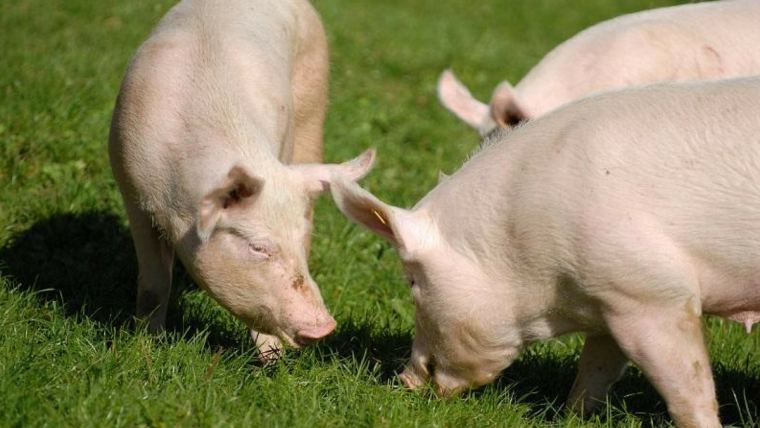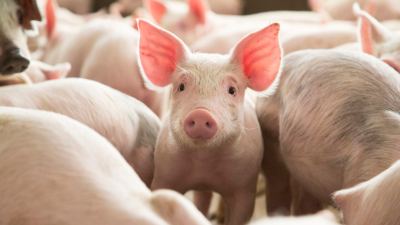Antibiotic-free: Recommendations for efficient pig performance
June 17, 2016

The 24th International Pig Veterinary Society Congress, held June 7–10 in Dublin, Ireland, hosted more than 3,000 experts in the pig veterinary industry to discuss the challenges of antibiotic resistance and the long-term outlook for antimicrobial use in the pig industry.
At the Alltech Elite Herd Dinner, keynote speakers Dr. Ana Catharina Berge, owner of and veterinary consultant at Berge Veterinary Consulting BVBA, and Dr. Richard Murphy, research director at Alltech’s European Headquarters and Bioscience Center in Dunboyne, Ireland, addressed 20 of the world’s leading veterinary practitioners, nutritionists and technical managers.
Murphy spoke fervently regarding the critical issues surrounding antibiotic resistance and its role in animal protein production. He also shared possible strategies whereby livestock producers may position themselves as antibiotic-free.
“I don’t want to sound sensationalist, but without efforts to reduce reliance on antibiotics in livestock and animal production, we could be heading for an apocalypse scenario,” said Murphy.
Berge explained how many European countries now have antibiotic reduction plans. Sweden, Finland and Norway, for example, have prohibited prophylactic/growth promoting use since the 1980s, with registration and veterinary control required for all antimicrobials. Considering this, she posed the question: Can we do more as producers?
Benchmarking is important in the pig industry as it allows producers to set clear goals against best practice, production and efficiency models. By measuring specific metrics on farm, the producer can become more efficient, profitable and sustainable.
“Benchmarking is big in Belgium and it is something we could all learn from. The country has adopted a clear reduction approach, which is systematic, well analyzed and allows all producers to participate,” said Berge.
According to the Food and Agriculture Organization (FAO), “one of the most common routes of transmission for infectious agents is direct pig-to-pig contact: movement of infected pigs in close physical contact with non-infected pigs is decisive in transmitting diseases.” Biosecurity, procedures or measures designed to protect the population against harmful biological or biochemical substances, has become a popular topic in agriculture due to an increase in disease transmission.
In the coming years, we will see an increase in biosecurity on-farm. Efficiencies, through biosecurity, will allow pig producers to reduce antibiotic use and treatment costs, resulting in higher productivity.
“The antibiotic reduction program (Alltech Antibiotic-Free program) by Alltech is an industry-initiated program whereby farms may get total herd audits and recommendations for efficient performance and increased herd profitability with resulting reduction in antimicrobial use,” said Berge.
In addition, there are multiple measures pig producers can take to reduce the transmission of antibiotic-resistant bacteria in the food chain, including:
- Routinely monitor and develop a list of pathogens in a pig population, which is vital to the success of an antibiotic-free system.
- Identify the challenges affecting productivity and profitability on-farm, as well as aspects of housing, husbandry and management that may be causing issues.
- Re-evaluate biosecurity both internally and externally. Examine herd flow, cleanliness, transportation and employee traffic.
- Establish and implement an effective vaccination program with the veterinarian that supports herd health and safety.
- Build a nutritional platform in the pigs’ diet that includes technologies to reduce the risk of pathogens and improve immunity.
- Be ready to adapt. Reducing antibiotics or implementing an antibiotic-free program takes time. Observing how these changes impact the animals’ health and production is an important part of this process. Make sure there is room in the plan to make improvements.
For more information on antibiotic-free recommendations, click here.















